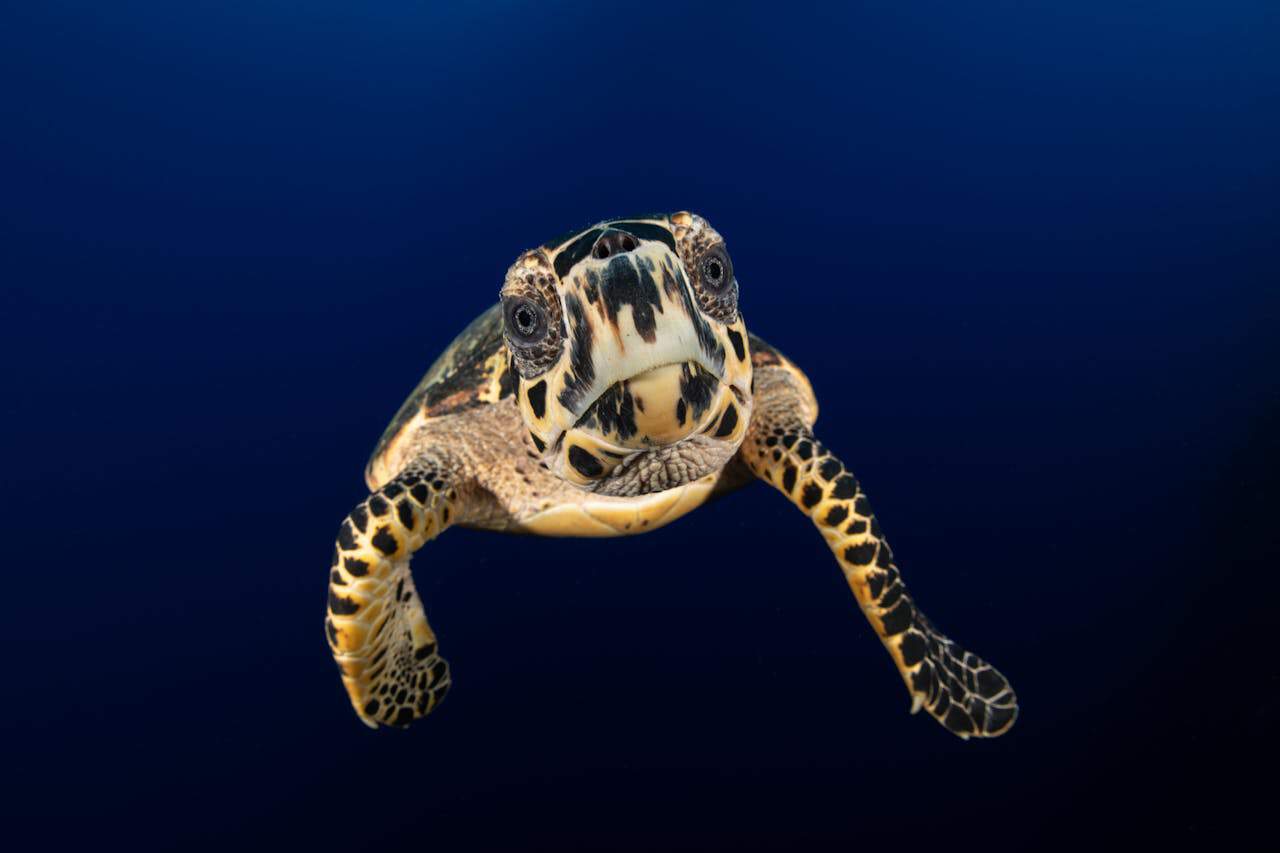The National System of Conservation Areas (SINAC) will launch a campaign on social networks to raise awareness and educate the population on the conservation and protection of hawksbill turtles.
Hawksbill turtles are one of the species most exploited by humans, as they’re captured to trade its heir meat, skin eggs and mainly its beautiful shell, which is used to make rings, combs, sunglasses, bracelets, necklaces and earrings.
Unfortunately, Border Police officials seized products made from hawksbill turtles in an operation near the Nicaraguan border. Therefore, the authorities believe it is necessary to raise awareness among the entire population to avoid acquiring items made from the shell of the hawksbill turtle.
“Acquiring these types of products in our country is a crime punishable by law, so, if you request, purchase, or are seen on the streets using this type of item, you are exposed to sanctions and seizure of the objects by the environmental authorities,” indicated Franz Tattenbach, Minister of Environment and Energy.
The sale of handmade products from different endangered wildlife species is a criminal offense under Article 16 of Costa Rica’s Wildlife Conservation Law. “Remember, ignorance of the law does not exempt you from having to comply with it,” Minister Tattenbach mentioned.
The campaign seeks to eradicate the illegal sale of tortoiseshell-based handicrafts and to show the population how to distinguish them. The main threat to hawksbill turtles is the commercial exploitation of juveniles and adults for the beauty of their shells, which are used to make handicrafts and other products.
This is despite the ban on trade of this species in the Convention on International Trade in Endangered Species of Wild Fauna and Flora (CITES). Other threats may be direct, such as the harvesting of their eggs, or indirect, such as the destruction of habitats critical to their survival due to climate change and increases in sediment and nutrients that negatively affect coral reefs.
“You can report the commercialization of hawksbill products by calling the MINAE hotline 1192,” SINAC mentioned.






